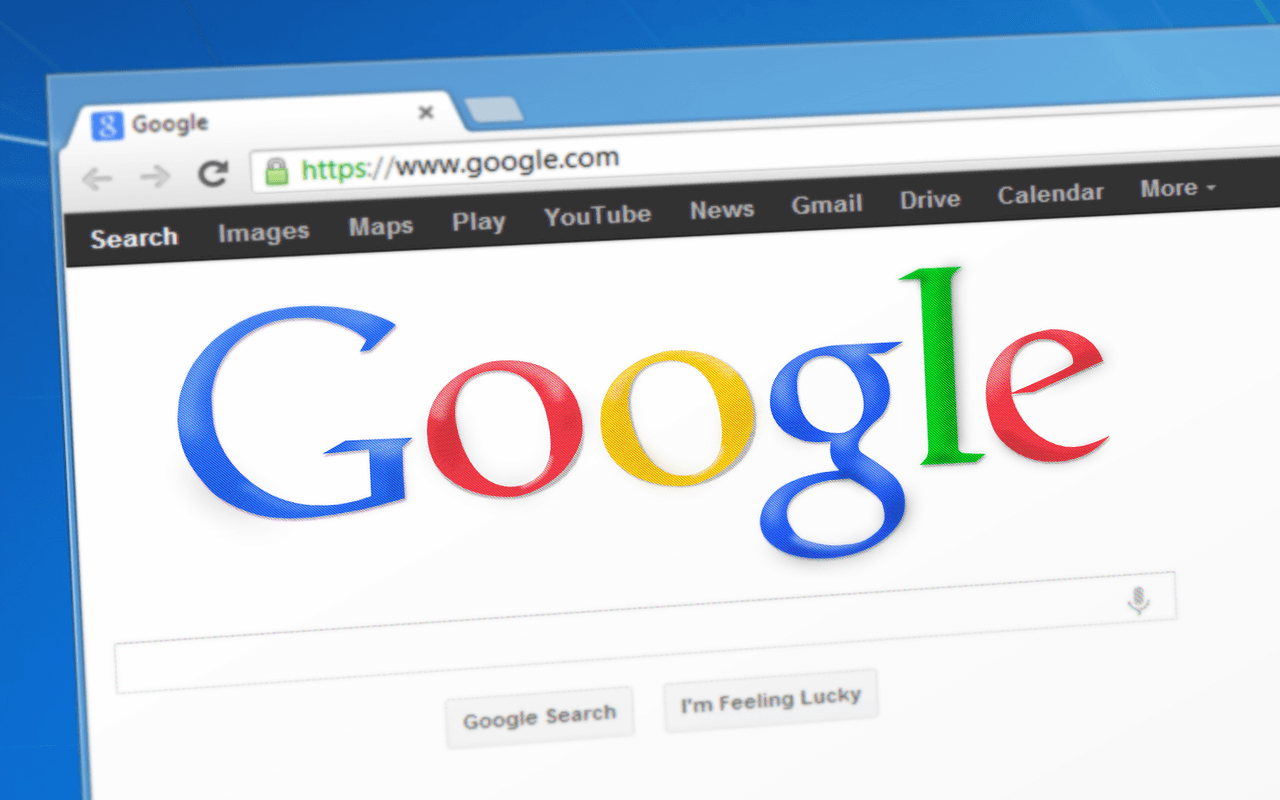On Thursday, February 18, the Internet giant Google unexpectedly released a preliminary version of its new mobile operating system Android 12. As before, it is available only to developers and on a limited number of devices.
As stated in the description of the release, the preliminary version of Android 12 will allow developers to take a first look at the new operating system and test it, so that they can then share their impressions with Google. It can only be installed on reference devices from the Pixel series, namely, on smartphones Pixel 3, Pixel 3a, Pixel 4, Pixel 4a, Pixel 5G and Pixel 5. Google did not describe all the changes contained in Android 12. Therefore, we will have to wait for the first feedback from the developers. But it is already known that in the new version of Android, the creators have improved navigation with gestures, improved the Wi-Fi Aware technology for “communicating” gadgets with each other, allowed applications to generate tactile feedback, and paid special attention to privacy and security issues.
The pre-release version of Android 12 will allow developers to prepare their applications for the launch of a new generation of mobile operating system. The main goal of the first stage of testing is that Google together with testers can try out new APIs, test all innovations and identify problems and weaknesses of the firmware.
It is worth noting that the sequence of testing and launching new versions of the OS at Google differs from the scheme used by competitors, in particular, Apple. The fact is that first Google releases a preliminary version of the next-generation Android for developers and only a few months after that officially announces a new build. Usually, the announcement of the next version of Android takes place as part of the Google I/O exhibition in May or June.
New Media Formats in Android 12
There will be a new transcoding layer that will automatically make the HEVC video format work in applications that do not natively support them. Currently, choosing to shoot in HEVC format on an Android phone may mean that third-party apps won’t be able to play the video right away. A new level of transcoding for these applications should allow users to switch between them more confidently.
Android 12 will support spatial audio, MPEG-H, and will be optimized to transmit up to 24 channels of audio (up from eight previously). It will also make it easier for developers to link noise effects to sound.
Google seems to support the AV1 image file format, also known as AVIF. AVIF aims to replace JPG as the de facto image format, offering much better and cleaner compression with fewer artifacts. Netflix, in particular, has been a big proponent of this format.
If AV1 sounds familiar, it’s because it’s an offshoot of the AV1 video format that major tech companies proposed a few years ago. Netflix and Google partially adopted it. The AVIF should also not be confused with the similar HEIF that Apple’s cameras have been shooting for some time.
Google says it has no intention of making AVI the default image format for the camera app, so this is just the first step.
By sticking to multimedia, Android 12 will do a better job of moving different types of media between apps. It creates a new “Insert Wide Content” API that will allow you to cut and paste or drag various types of content, including “simple and stylized text for markup, images, videos, audio files, and more”.
Inside Changes of Android 12
In 2019, Google began updating certain components directly in the Android OS, not waiting for operators to carry out a major update. The named “Project Mainline” meant that Google could release security updates for critical parts of Android using the Google Play infrastructure. Since then, it has added more parts of Android to the mainline system. An important addition to Android 12 to this system is the Android Runtime (ART), a fundamental Subsystem for running Android applications. The above-mentioned multimedia transcoder will also become the main module.
Android 12 will have several privacy and security updates, but they will not be so noticeable for users. The WebView engine, which is used by third-party applications, has one of the latest Chrome cookie settings called “SameSite”, which can help soften some tracking. Google reports that “later preliminary versions [will] have more privacy and security features”.
Android recently started requiring apps to issue notifications when they need to start a background action, which turns out to be really distracting. In Android 12, Google states that it will “block the launch of the foreground service from the background”, redirecting developers to the new API. If one of these background actions can be completed in less than 10 seconds, it may not need to be notified at all.
Google is also simultaneously releasing a preliminary version of Android 12 for Android TV, including giving developers the opportunity to test their apps on their own Google TV platform.
What’s Next With Android 12
There will be a public beta at some point, but it is expected to take several months. If Google follows its past trends, there will be a more detailed review of what will happen with Android 12 in May (or possibly June).
Last year, the Android release for “platform stability” took place in early July, but this year Google is targeting August – the official release usually comes soon after. This may mean that Android 12 will be released later this year than usual.
In the meantime, we will dig into the developer preview to see what other details can be found there. Most often, there are enough hints scattered in the code to give us a good idea of Google’s final plans for Android.



